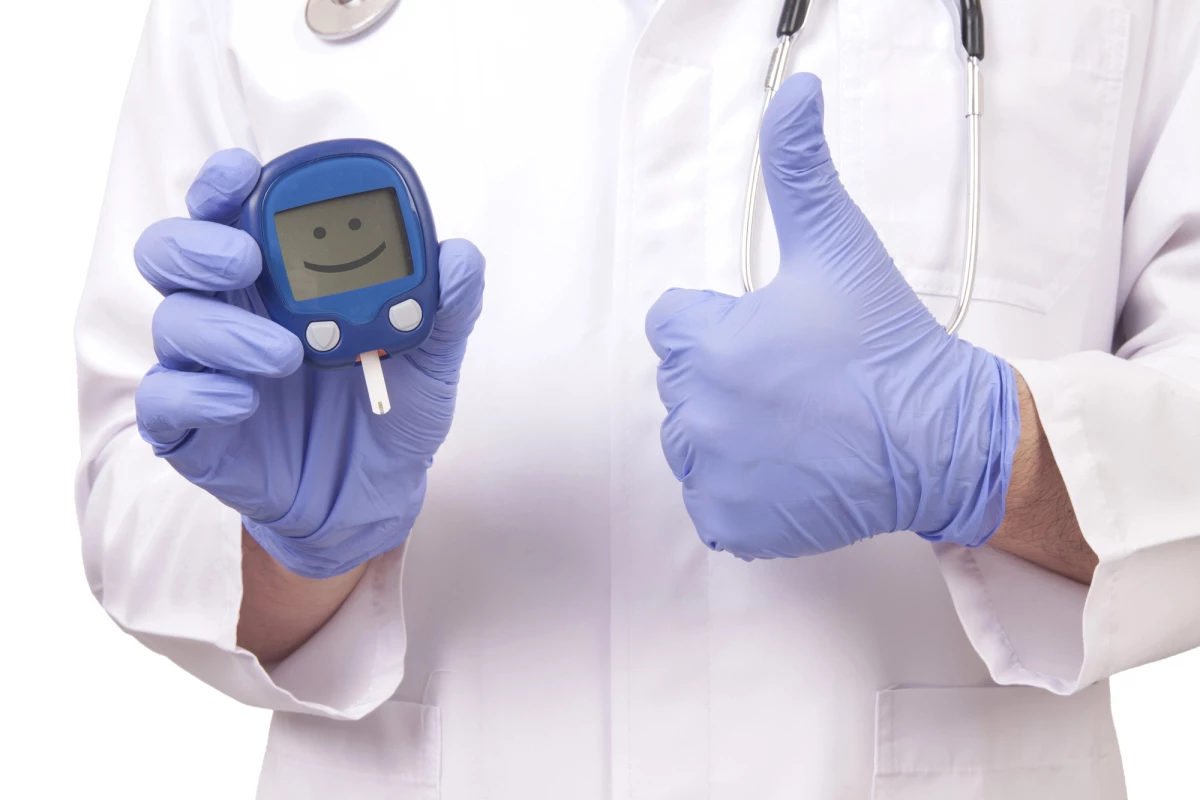A patient with type 1 diabetes has been functionally cured of the disease, requiring no insulin doses for over a year. The treatment involves growing and transplanting new insulin-producing cells from the patient’s own stem cells.
Type 1 diabetes is an autoimmune disease where the patient’s immune system attacks insulin-producing cells in the pancreas. This means patients become unable to manage their blood glucose levels and require regular injections of insulin.
Now, early results from a phase I clinical trial suggest that replacing those lost insulin-producing cells with new ones could be a viable treatment. The first patient to receive this kind of transplant has now been insulin-independent for over a year, the team says.
The patient is a 25-year-old woman who was diagnosed with type 1 diabetes 11 years earlier. Since then, she’d been dependent on insulin treatment, and had undergone two liver transplants and a pancreas transplant as a result of her condition.
For the trial, the scientists isolated stem cells from her adipose tissue, and induced them to return to an earlier state of development, from which they could differentiate into almost any cell type. Then, they were coaxed to become pancreatic islet cells, which were cultivated and transplanted into her abdominal muscles.
The team monitored her closely for a year after the transplant. Her daily insulin dose requirements began to drop after two weeks, and by day 75 she was completely insulin independent. She remained that way for the rest of the one-year study period, spending over 98% of the time within a healthy glycemic range. The scientists report no indication of abnormalities from the transplant.
Other studies have been done before with similar promising results, but this new trial differs in a few key ways. For one, the stem cells are induced chemically rather than genetically, and come from a different source within the patient’s body.
They were also implanted into the abdominal muscles rather than the liver like previous studies. This improved the survival and maturation of the cells, made them easier to monitor and was a less invasive procedure for the patient.
A potential complication is that the patient’s immune system still needs to be suppressed – after all, replacing the damaged cells doesn’t tackle the root cause of this autoimmune condition. But that’s par for the course with organ and tissue transplantations.
The trial shows that the treatment could be a viable option for diabetes, with further work. Currently, two other participants are enrolled in the trial,
The research was published in the journal Cell.
Source: Nankai University via Xinhua




